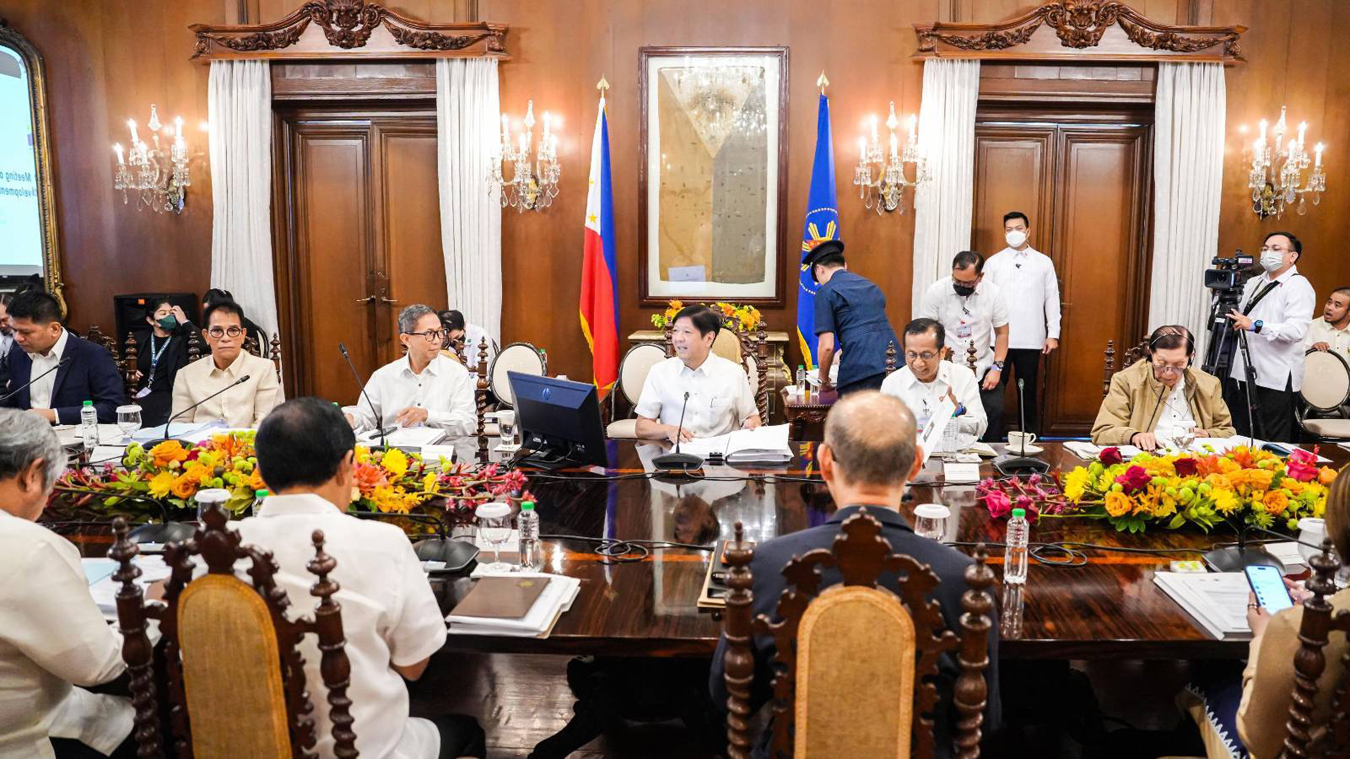
The National Economic and Development Authority (NEDA) Board, chaired by President Ferdinand R. Marcos Jr., on Thursday approved an executive order implementing the Philippines’ commitments under the Regional Comprehensive Economic Partnership (RCEP) and tasked government agencies to conduct a nationwide educational campaign on how the country can take full advantage of the free trade agreement.
“I think we have to make the public understand, especially different sectors to which the RCEP is, particularly… these new schedules, and explain to them,” President Marcos said during the NEDA Board meeting in Malacanang.
“There’s a transition period… to what is this, and how do we take full advantage of it… there is a potential, there is an opportunity here and it’s up to us on how to take full advantage of it. So as the government, we must explain it deeper to small businesses, to large businesses.”
The President instructed agencies to “make it very clear” to the people RCEP’s benefits to the country’s agriculture sector and how it affects agriculture businesses and operations.
“Because I know people are watching meetings. So let’s make it very clear. Ito ‘yung mga puwede nating gawin na hindi natin kayang gawin noon. But basically… we now have access to two billion population market,” he said, adding the Philippines should strengthen its manufacturing and production to make it more competitive regionally.
At the same time, the trade bloc, he said, could create new assets for the country, as well as access to supply lines that it currently does not have.
In a separate press briefing in Malacañang, Department of Trade and Industry (DTI) Secretary Alfredo Pascual described RCEP as a “modern, comprehensive, high quality and mutually beneficial economic partnership agreement which provides opportunities for market access on trade, services and investments.”
“The agreement also establishes clear, stable and predictable rules on trade and investments in our region which makes it more convenient and competitive for Philippine businesses and stores to be integrated into the global economy,” said Pascual.
According to Pascual, the EO is proposed to be effective on June 2, 2023 to coincide with the end of the 60-day period “after the deposit of the instrument of ratification.”
Pascual assured that the public, particularly the businesses, will be “aware of the benefits that they can gain from RCEP as well as the other existing preferential trade agreements.”
The Marcos administration, meanwhile, also assured the public that the benefits of RCEP are shared equitably among all stakeholders and that appropriate measures are in place to mitigate potential negative impacts on vulnerable sectors of the population.
The President has said previously that RCEP would be good for the country because of the increased trade that it will bring to different member economies, as he brushed off notions that the free trade agreement will be injurious to the country’s local industries.
RCEP is a free trade agreement (FTA) between the 10 member states of the Association of Southeast Asian Nations (ASEAN) and its five FTA partners: Australia, China, Japan, New Zealand and the Republic of Korea. #

